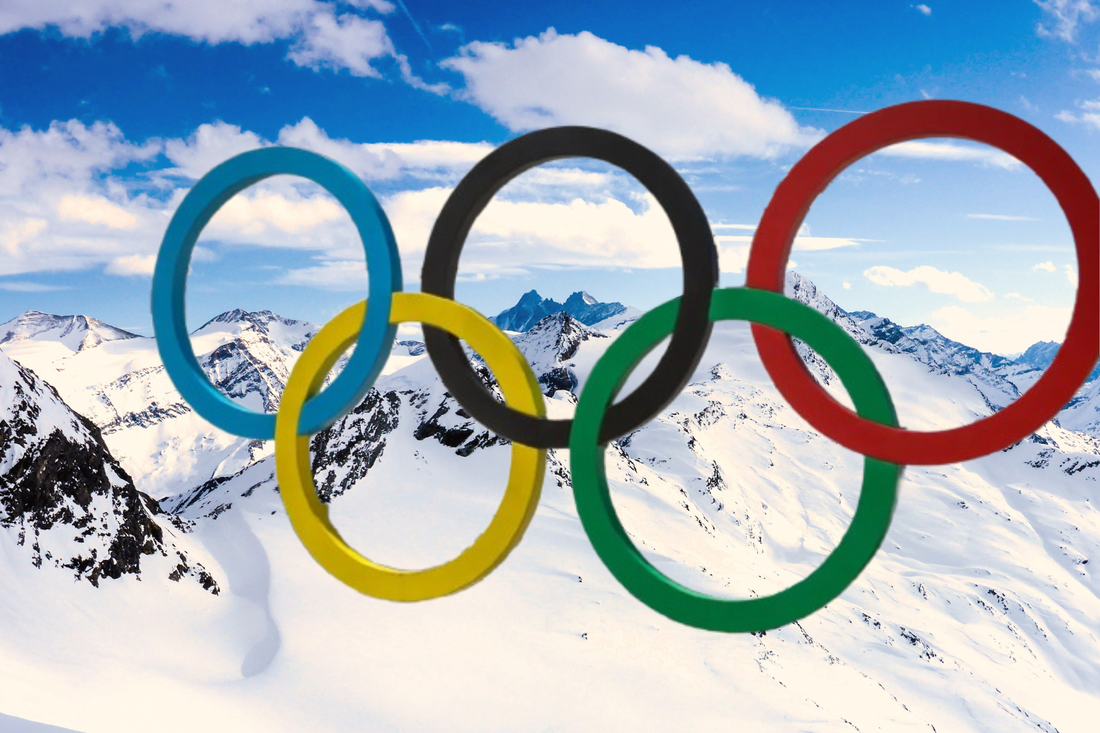
Unveiling the Hosts of the 2026 Winter Olympics: A Comprehensive Guide to Locations and Preparations for This Prestigious Event
By Jayson Panganiban August 14, 2024 00:02
The XXV Olympic Winter Games, known as the 2026 Winter Olympics, is scheduled to be held from February 6 until February 22 in and around Milan at various ski resorts in Italy. The 2026 Winter Olympics is an upcoming multi-sport event slated to be held in Milan and Cortina d'Ampezzo, Italy. This article gives you a detailed look at the cities, venues, preparations, and challenges of organizing this grand tournament.
Host Cities and Locations
Selected Host Cities
Milan and Cortina d'Ampezzo were announced as the hosts of the 2026 Winter Olympics on June 24, 2019, by The International Olympic Committee (IOC) during its all-important session in Lausanne, Switzerland. The joint bid outperformed a competing bid from Stockholm in Sweden, securing 47 votes versus the rival's 34.
Different regions will host various sports, requiring a different venue across the Vancouver-Whistler area as part of those selected for the 2026 Winter Olympics.
Milan Cluster
- San Siro Stadium: The opening ceremony will be held here.
- PalaItalia Santa Giulia: It will host the ice hockey competitions.
- Fiera Milano, Rho: Multi-use facilities for Ice Hockey and Figure Skating Speed Skating Sport Venue International Broadcasting Centre (IBC)
- Mediolanum Forum, Assago: Figure skating and Short-track speedskating.
Cortina d'Ampezzo Cluster
- Olimpia delle Tofane: Alpine Skiing site
- Antholz, Südtirol Arena: Biathlon Village
- Ghiaccio: Site of Curling matches
- Cortina Sliding Center: Bobsleigh, Luge, and skeleton host.
Valtellina Cluster
- Pista Stelvio: Bormio Alpine/Ski Mountaineering
- Livigno: Snowboarding and freestyle skiing program
Val di Fiemme Cluster
- Predazzo Village Eventogo: Ski Jumping, Arena hosted a ski-jumping competition.
- Tesero: Cross-country skiing and Nordic combined events at the cross-country/biathlon venue.
Verona
Verona Arena: The historic venue will stage the closing ceremony.
Rationale for Selection
Public assets: The two cities have a great sporting tradition at the international level. Just think about the contribution made by Torino and Cortina in 1956; an undoubtedly strong capital stock is already there.
Culturally: The cities are a mix of old and modern Italy, showcasing its cultural heritage with winter sports capabilities.
The Diversity of the Land: Obviously, various locations were needed to provide different venues suitable for every winter sport and that could offer unique experiences not just to professional athletes but also to barely experienced spectators.
Preparations and Planning
Total Major Construction and Infrastructure Projects
A lot of money is being spent on the necessary infrastructure for it to take place. Key projects include:
Venues: The facilities are either rebuilt or upgraded to qualify for international level contests so that they can host the Olympics events there.
Transportation Investments: Investments are being made in the public transit systems to move athletes and fans between venues.
Increase in Accommodation: New hotels and temporary accommodations are being built to accommodate the likely increase in tourists this game will bring.
Challenges and Considerations
Environmental Issues: The detrimental effects on local ecosystems of hosting an event this size are a huge issue, so sustainability is at the top of organizers' priorities.
Logistical Issues: Plans for events in different cities mean greater logistics across the board, ensuring that travel, accommodations, etc., and everything else runs as smoothly as possible
Overall Readiness
Factors have added to promising readiness for Milan and Cortina d'Ampezzo in Italy to host the 2026 Winter Olympics. Italy has the right assets at its disposal to conduct a good event: it possesses infrastructure from previous events, several developments are planned in its name, and above all, it is based on sustainability.
With Italy winning the rights to stage its third Winter Olympics earlier this week, Milan and Cortina d'Ampezzo will host in 2026, following on from runs for Turin (2006), and then Cortina will host Rome (1960). With thorough preparations, including significant infrastructure building and the long-term goal of sustainability, you can be confident that everyone will experience an athletics event like no other. Under all the hype, we need to keep it real and ensure that this event is both a success and, more importantly, an added value for local communities and the environment.


































































